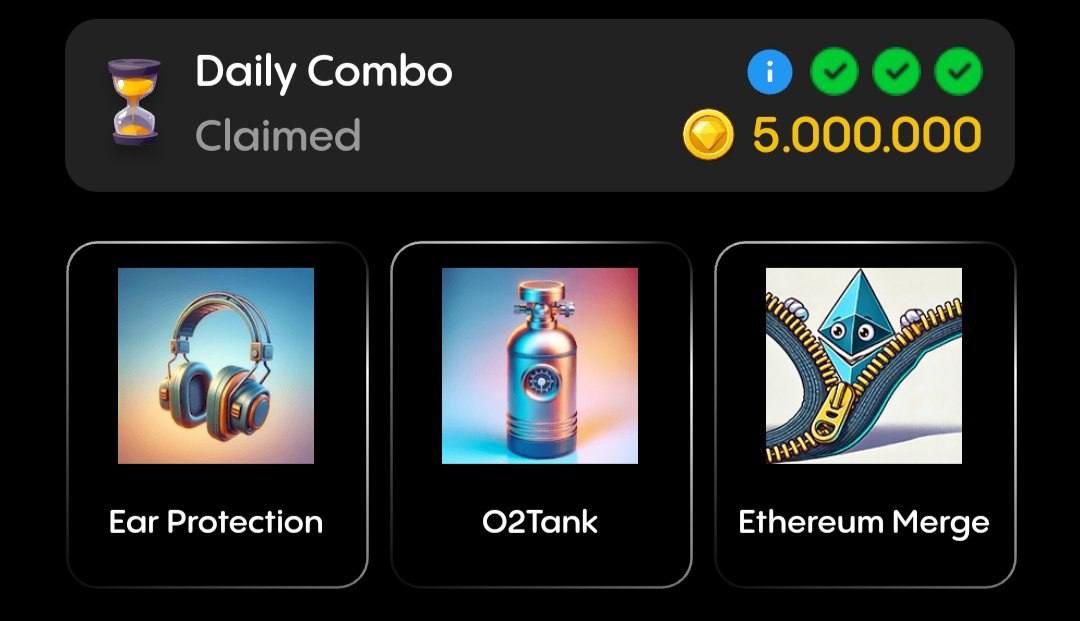Activate Two-Factor Authentication (2FA):
Enable 2FA on all your accounts for an added layer of protection. Encourage your family and friends to do the same.
Secure Your Webcam:
Either cover your webcam with tape when not in use or unplug it if unnecessary to prevent unauthorized access.
Phone Security:
Remove the SIM card from your phone or consider using a new phone without a SIM card to minimize tracking possibilities.
Digital Footprint Cleanup:
Regularly clear your internet history and submit data removal requests to platforms like Facebook, Twitter, and Google to manage your online presence.
Password Management:
Utilize a password manager and ensure unique passwords for each service you use.
Identity Protection:
Employ a fake identity for online activities, ensuring different ones for various services.
Anonymous Purchases:
Use proxy addresses when receiving goods or packages, and consider virtual numbers or burner numbers for added anonymity.
Account Acquisition:
Instead of creating accounts, consider purchasing them from reliable sources. Be cautious and prioritize non-US services.
Device Security:
Strengthen the security of your devices, including browsers, operating systems, and messaging apps.
Data Encryption:
Encrypt your disk, including the root disk, to safeguard your data from unauthorized access.
Dark Net Activity:
Utilize a Virtual Private Server (VPS) or Remote Desktop Protocol (RDP) for dark net activities. Alternatively, run other operating systems within a virtual machine (VM) for added security.
Privacy Tools:
Use VPN services like Mullvad that prioritize user privacy. Familiarize yourself with TOR and its functionalities.
Emergency Precautions:
Activate VPN kill switch and enable airplane mode on your phone when not in use.
Service Payments:
Choose services that require minimal personal data, preferably those that support cryptocurrency payments.
Social Media Caution:
Avoid oversharing personal information on social media platforms.
File Metadata Check:
Always scrutinize file metadata to prevent unintentional data exposure.
Offline Card Handling:
Refrain from sharing your card information in real life to minimize the risk of fraud.
Maintain a Healthy Paranoia:
Stay vigilant and be cautious about your online activities.
Cryptocurrency Use:
Consider using privacy-focused cryptocurrencies like Monero and utilize cryptocurrency mixers for added anonymity.
Email Provider Research:
Investigate and choose secure email providers such as Proton, Tutanota, or Dnmx for enhanced privacy.










